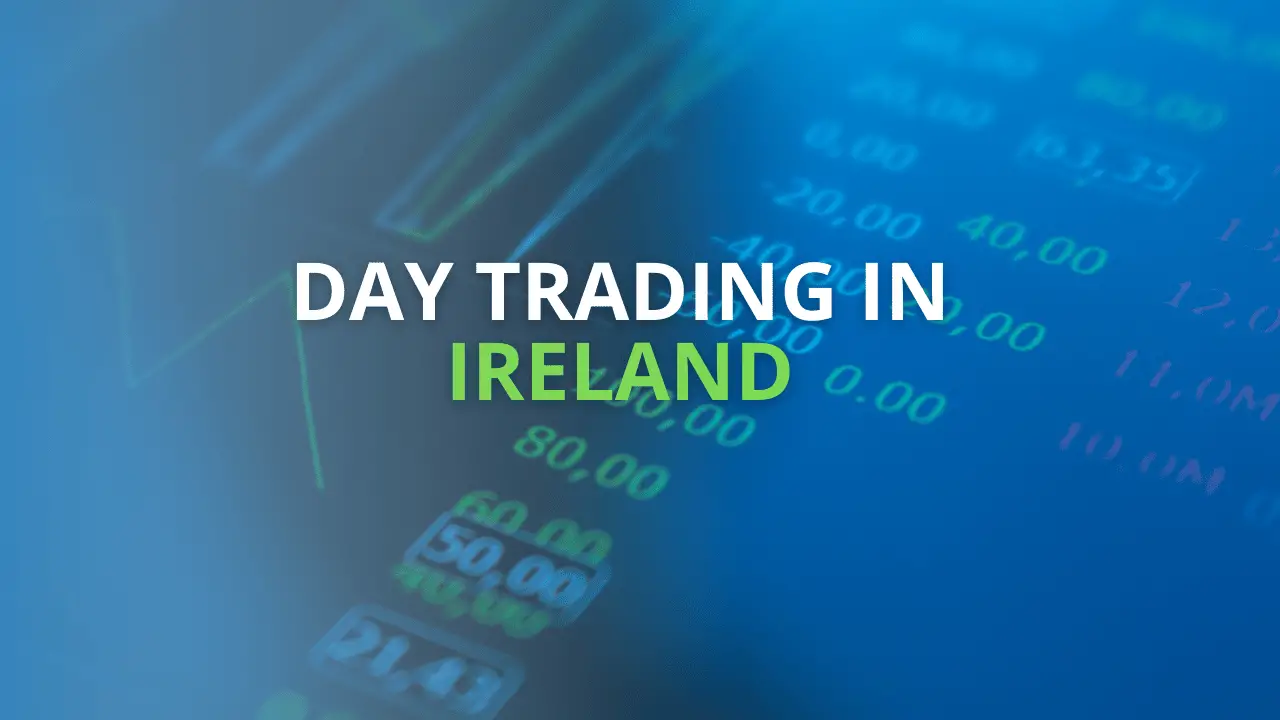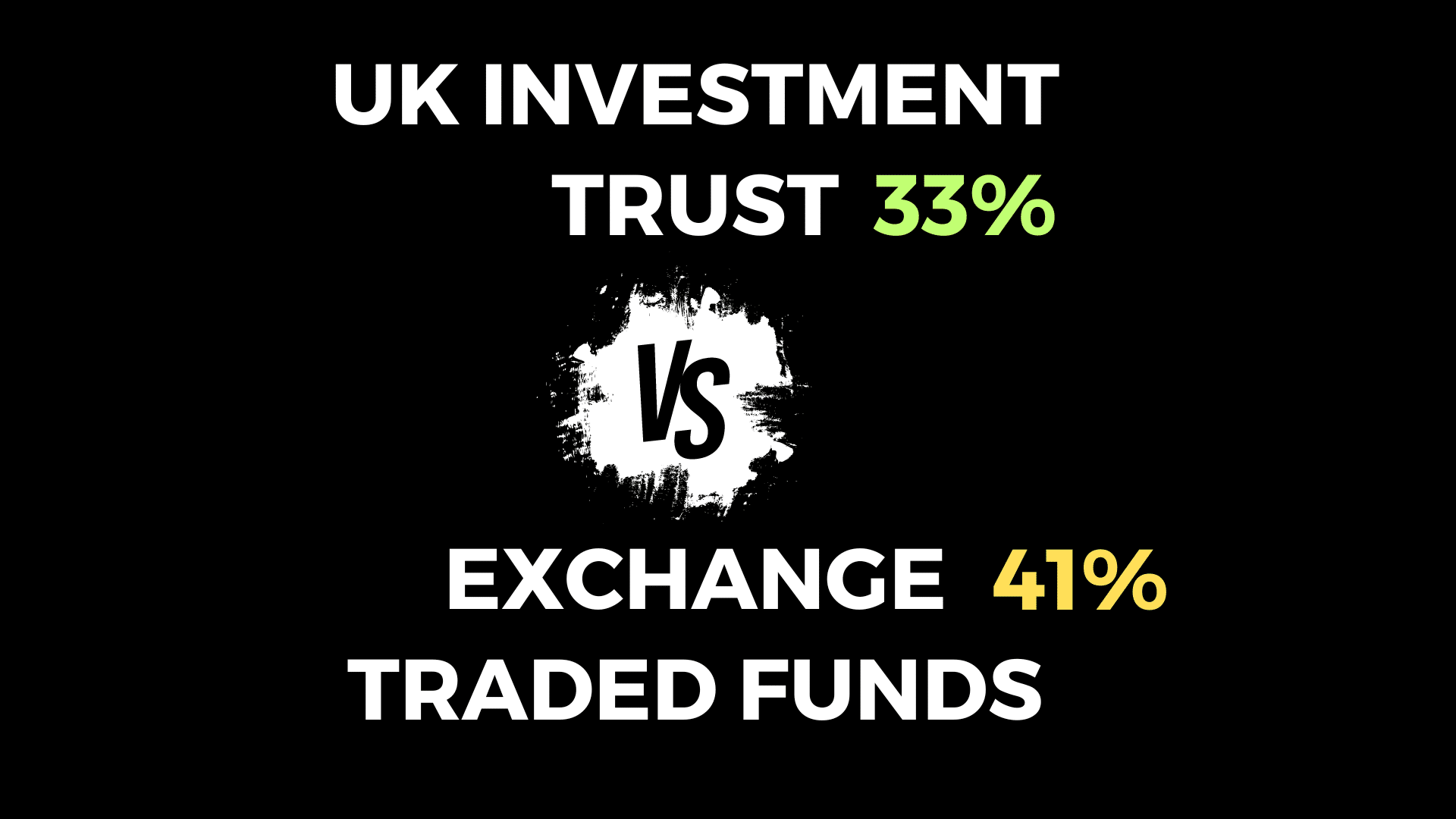Day trading is one of the riskiest ways of investing, especially if you do not have the necessary experience. That doesn’t stop people from giving it a try, I think deep down most of us fancy ourselves as a trader.
In this blog post, I will take you through everything you need to know about day trading in Ireland such as the taxes, brokers to use, and pattern day trading rules.
The odds are stacked against you
The common narrative is that somewhere in the region of 80-99% of day traders lose money if you were to believe what you read on the internet. While I don’t doubt there is some truth to these statements, there is very little verifiable data from studies to actually back this up.
I did find some statistics (kindly summarised by Tradeciety) that do show some stark statistics of how long people stick with day trading once they get going.

How many day traders quit after just one month? The answer is 40%.
This suggests that newbie day traders are likely seeing some poor results and cutting their losses very quickly.
It could all be down to human nature; human beings may just have such short attention spans that we can’t stick with any endeavour for very long.
If we extend the timelines further, only 7% of traders are still going after 5 years.
Beware of the gurus
As soon as you get interested in day trading you are likely to see advertisements and pitches from many different snake oil salesmen such as Greg Secker and Timothy Sykes pop up all over your socials.
These high-fee courses aren’t your ticket to success. Don’t buy into all of this BS; it’s probably an even quicker way to lose your money than day trading.
If these gurus really had the secret sauce to making millionaires they wouldn’t be selling courses.
What financial products you will need to start day trading / swing trading
You can day trade with any financial product. The profits you will make will be dependent on the level of funds you have available.
- ETFs
- Options
- Stocks
- CFDs
- Futures
- Spreadbetting (tax-free)
- Forex
- Commodities
- Crypto
If you decide to start with €500 and just trade with cash then you won’t be making huge returns. Even if you somehow spot a 10% daily fluctuation in a stock before it happens and take advantage of it you’ll just come out with €50 less the transaction fees.
This is why many day traders use margin or leverage in their day trading. This way you are essentially
What brokerages are good for day trading in Ireland?
The broker you choose should primarily be down to your level of experience.
While all brokers will offer you stocks and ETFs as a standard, financial products such as CFDs and Options are not provided by every broker.
The below table will give you a summary of what products are on offer on some of the popular brokers used by day traders in Ireland.
| Broker | Options | Spreadbetting | CFDs | Crypto | Forex |
|---|---|---|---|---|---|
| IG | Yes | Yes | Yes | Yes | Yes |
| Interactive Brokers | Yes | No | Yes | No | Yes |
| Capital.com | No | No | Yes | Yes | Yes |
| Trading 212 | No | No | Yes | No | Yes |
| eToro | No | No | No | Yes | Yes |
| Degiro | Yes | No | No | No | Yes |
The quality of charting is also quite important for day traders even though you can use other resources for more advanced charts even if the broker you use has basic charting.
Pattern day trading rules
A Pattern Day Trader (PDT): is someone who executes 4 or more day trades within 5 trading days. In the United States these pattern day traders would face restrictions on their accounts for 90 days if they exceed these limits.
There is no such legislation or regulation in Ireland or the EU that restrict pattern day trading.
Unless you are using an American brokerage which is regulated by FINRA then you do not have to worry about pattern day trading rules for any of the popular brokerages available to Irish investors (unless it is a broker’s own policy).
How is day trading / swing trading taxed in Ireland?
The taxation of swing trading / day trading in Ireland could be capital gains tax or income taxes (PAYE, USC, & PRSI) depending on whether you are carrying out a trade or not.
If you are casually day trading every so often, and it is not your main source of income it is likely that you are not carrying on a trade. In this case, any profits you make from trading would be taxed at the usual 33% capital gains tax rate.
You would also be entitled to an annual exemption of €1,270 that can be offset against your profits before you calculate your taxable gains. Losses can be carried forward indefinitely and offset against future gains.
However, if you deem yourself to be carrying on a trade then you must submit a Form 11 each year reporting your trade profits and this will be accumulated with all your other income and taxed at the relevant income tax rates.
Revenue has provided some detailed guidance on the criteria that should be analysed to see whether you are carrying on a trade.
- 1. The Subject Matter of the Sale
- 2. The Length of Period of Ownership
- 3. The Frequency of Similar Transaction
- 4. Supplementary Work
- 5. The Circumstances that Were Responsible for the Realisation
- 6. Motive
Disclaimer: This blog post is for informational and educational purposes only and should not be construed as financial advice.






